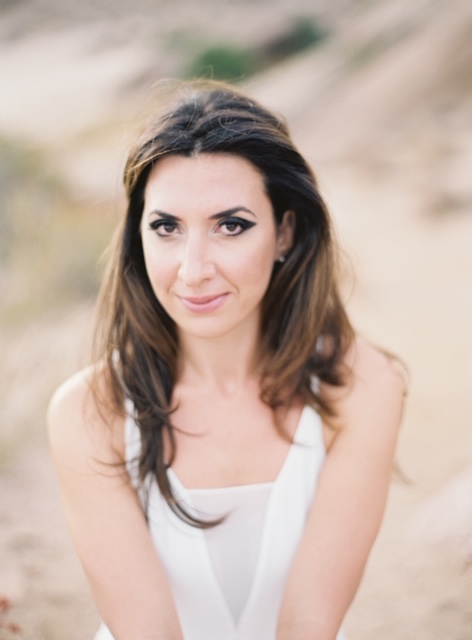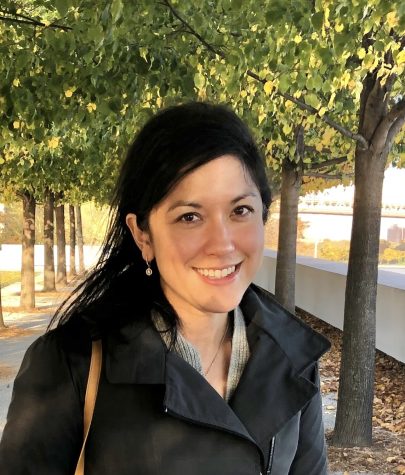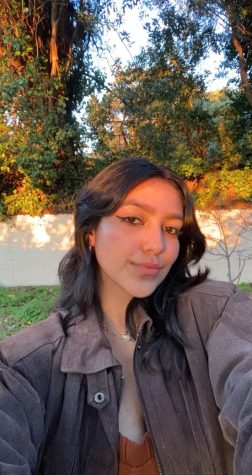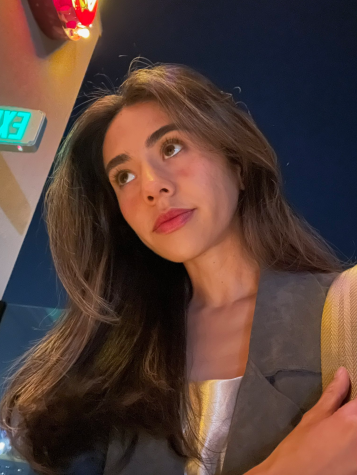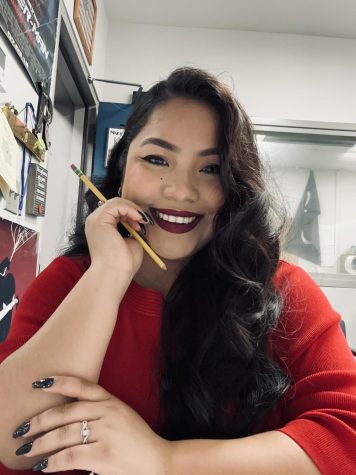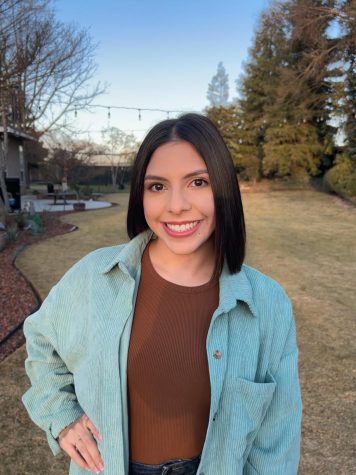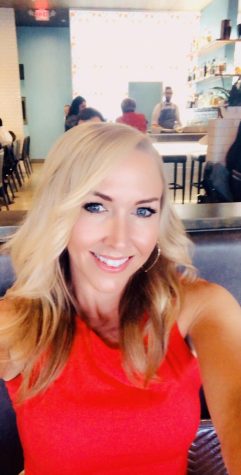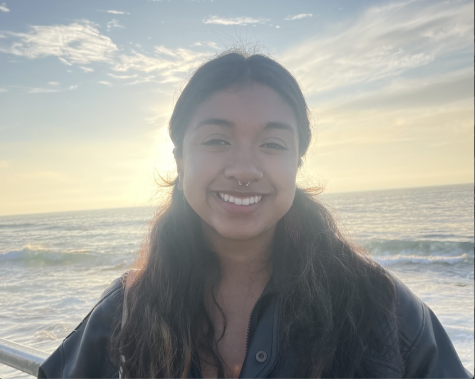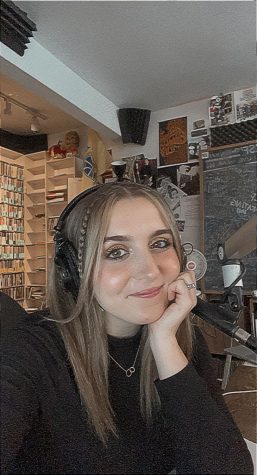IMPORTANCE OF STUDENT JOURNALISM
In order to commemorate the 100th year anniversary of The Clarion, we will be bringing you the voices of alumni who have written for the school newspaper, reflecting on their experience in Clarion and life beyond high school.
February 27, 2023
I remember it like it was yesterday. Except it was almost 23 years ago, which is frightening to someone who mentally still feels like she is 18, but is in fact a 40-year-old mother of three, which, to those of you current Clarion members, is ancient. I know. I used to think the same thing when I was sitting at your desk. There I was, in the summer of 2000, fresh off of my Selma High graduation, sitting in a classroom in the Journalism Department at San Francisco State University (“SFSU”). Along with about 10 other students, who also won a scholarship to attend the annual Bay Area Multicultural Media Academy (“BAMMA”), we were about to embark on an intensive two-week journalism camp filled with activities, and putting out a collegiate newspaper special edition. We were in awe to be in the presence of prestigious journalists, editors and publishers of print journalism. Our main job for the next two weeks was to put out a special edition of the SFSU newspaper, with articles that centered around what was going on during that time, which happened to be June, which coincided with HIV Testing Day. It had been 19 years since AIDS was first reported as a disease, by California Health officials in 1981. It was another 4 years before President Reagan broached the topic in 1985. As someone who wasn’t impacted personally—even tangentially—by AIDS, it seemed a world away from my small-town, rural life of the Central Valley. Our editors asked us to deliver a human impact story: to interview children and family members of those whose parents or nuclear family members had HIV/AIDS, or who had passed away due to the disease’s many insidious forms. We gained permission from a young man, who was my age at the time, to document his experience with watching his father slowly deteriorate from a disease that gave so many at the time a cruel dual fate: a haunting, stigmatized shame and a death sentence. Right away, it became clear that we weren’t just writing an article, we were also charged with being a protector, an amplifier, and caretaker to this young man’s story.
Those two weeks of interviewing folks who had been impacted by HIV/AIDS changed a lot of my life, in ways that have manifested into some of the things I hold dearest today: my ideology, my sense of fairness and equity, my politics, and how I see us all as being a part of the same microcosm. What affects you, affects me. We are not islands out there operating by ourselves. We need each other. We are a part of a greater fabric, one that can do great things together, or one that is capable of vast harm and cruelty.
Being a student journalist should come with a warning label: “Caution: May alter your perspective of the world for the rest of your life.” It upended a lot of beliefs I may have loosely held previous to these interactions with colleagues at SFSU and with the interviewees themselves. As a journalist, you are required to remain impartial and deliver objectively unbiased stories. But I learned that the stories you write “objectively” about will stay with you. They’ll haunt you. They’ll dangle life questions over you that you will spend years trying to answer. They will become a part of you and enable you to relate to people from all walks of life, which in this current climate, seems to be a rare skill set.
Being a student journalist gave me more than I will ever be able to give back. My time at The Clarion, and subsequent journalism classrooms, allowed me the freedom to explore topics I wouldn’t otherwise have become familiar with, and have a deep understanding that where you get your news from, is just as, if not more, important than what the news actually is. As a student, your ability to relate to younger generations, because you are the younger generation, proves invaluable, especially when writing human interest stories. I know my interview would have gone much differently had I been an adult, versus a peer of the interviewee.
As I sit here, typing this core memory out, I am grateful to my time sitting in your desks, in those four walls with Captain Castle at the helm, and my fellow Clarion staff writers, editors, photojournalists, and advertisers for our shared passion, dedication to storytelling, and hope that any one of our stories would help someone else for the better. Clarion gave me the opportunity to go to BAMMA, it gave me friendships, and it gave me a foundation of curiosity about this world that has served me well, in every job and position I’ve ever had. This is what Clarion gave me, and I couldn’t be more proud to be a part of its 100-year legacy.
Natalie Niswander (Gutierrez) is a Selma High Alum (Class of 2000), who spent two years as a Clarion Staff Writer and Ad Department. She went on to major in Mass Communication Journalism at Fresno State (Class of 2004), and has worked in a variety of jobs from journalism to entertainment law to now as a chef (Le Cordon Bleu grad Class of 2008) for a Bay Area Personal Chef company, The Heirloom Chef.
She resides in the East Bay with her husband and three small children, cooking, binge-watching and continuing to be the news junkie she has been since the 5th grade.
